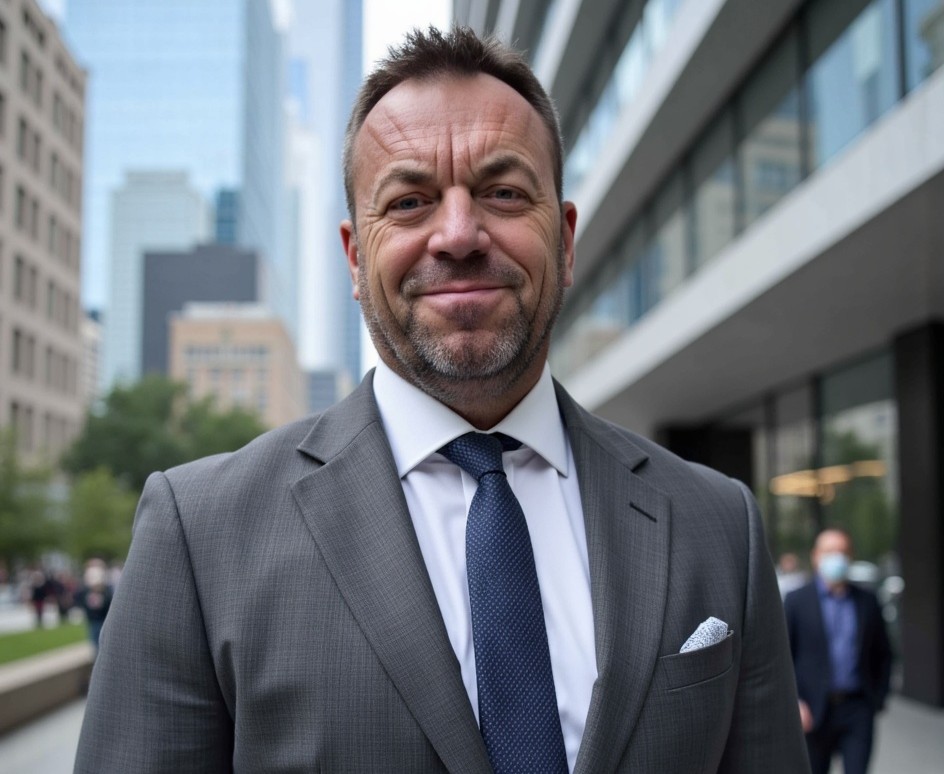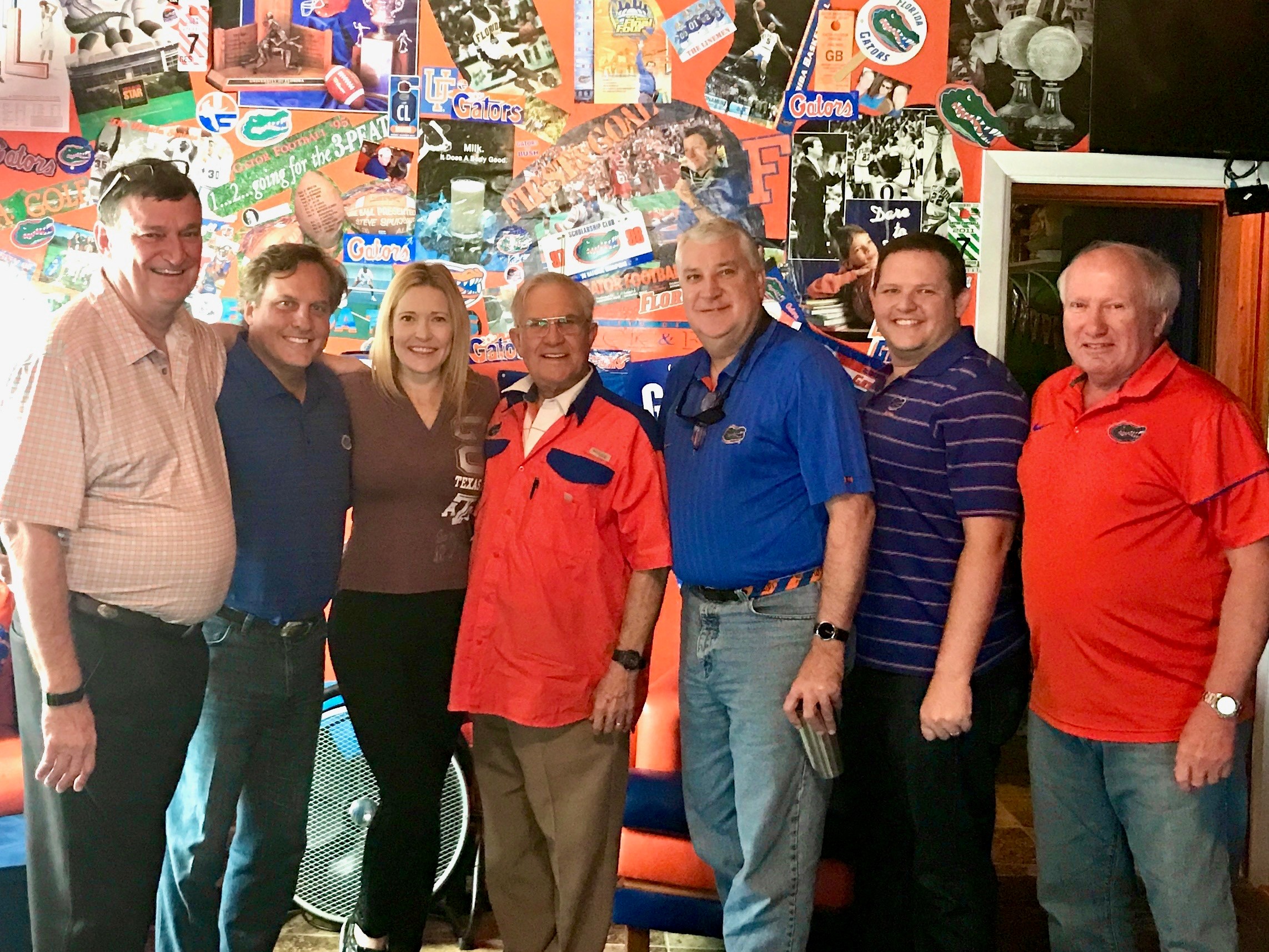Nowhere to be found. That is the answer.
It is quite proper to warn people about unscrupulous scoundrels without licenses who are gauging Florida’s Hurricane Ian victims. Trying to ferret out those individuals and asking the public for information and to turn them in is something everybody supports.
At the same time, it does not take a rocket scientist to figure out that insurance companies know they can profit a lot more by underpaying rather than fully paying their customers. United Policyholders has decades of experience seeing this and has a Roadmap to Recovery website devoted to educating policyholders and warning about improper insurance company claims practices.
Since 1991 our Roadmap to Recovery™ program has been improving disaster recovery by providing free insurance and decision-making guidance, tools, and resources to people, businesses and communities. The program includes our online library of claim tips, sample letters, reports, instructional videos, professional help directory, and articles written by leading experts in personal finance, construction, and the law.
…
Insurance funds are typically the most important and valuable source of help recovering from a disaster, but history has shown those funds don’t always flow as they should. Insurers are competitive, for-profit businesses with shareholders, rules and paperwork requirements. Insurance policies are legal contracts. Policyholders (insurance consumers) generally do not know the rules or their rights, and are vulnerable and overwhelmed. That’s where United Policyholders, (“UP”) comes in.
Does Florida’s Office of Insurance Regulation or Insurance Consumer Advocate have any information like this on their websites? No. Have you seen any Florida insurance regulator seek media attention to ask that Floridians turn in and file complaints against lowballing and slow-paying insurance company adjusters? The answer again is “no.”
Whose side are they really on?
Douglas Quinn of the American Policyholders Association speaks out against insurance fraud all the time. But his organization has a mission to point out when insurance companies commit insurance fraud against their own customers. Quinn points out that elected officials and regulators rarely do anything about insurance fraud against policyholders and fail to warn people how to stand up to such wrongful conduct.
Is there an official whistleblower hotline where field adjusters can safely provide information to regulators about how claims managers are unethically instructing them how to rip off policyholders or expose other corrupt claims practices? You know the answer.
I ask the last question because I am getting calls from hardworking and honest field adjusters and even independent claims managers, telling me how their bosses are ripping off policyholders. The new roofing law doing away with the 25% requirement now has some insurance companies telling their independent adjusters not to replace roofs until the damage is at least 75% and that they will only patch up roofs. Field adjusters write estimates only to have desk adjusters re-write them lower without approval of the field adjuster.
Are there warnings by insurance regulators to be on the watch for these practices that rip off policyholders? No.
So, who can Floridians turn to when they face these underpaying and lowball tactics by insurance companies? Public adjusters and attorneys are about the only ones I can think of.
Who are Florida’s political leaders calling “bad” after Hurricane Ian? Bingo—public adjusters and attorneys.
Whose side are Florida’s political leaders on? Why will Florida policyholders need public adjusters and attorneys?
Still, my gut feeling when I meet most Florida leaders is that they want to help and do the right thing. But, sometimes, it is important to have stories and teach them what is really going on where the rubber meets the road.
On the other side, the insurance industry has an army of insurance lobbyists. They are truly like paid locusts and show up daily with their side of the story. They have more money than God to pay for election finance. They get the ear of political leaders with campaign money, incessant pressure, and propaganda.
Those of us on the side of policyholders need to do better to help our elected officials do and say the right things to protect insurance consumers. It is not enough to point out the deficiencies of the current system—we must also engage, educate, and make certain that the stories are heard of people being ripped off by insurers putting profits before people. It takes action by those of us doing good, not just idle chatter complaining about the bad.
Thought For The Day
The ultimate tragedy is not the oppression and cruelty by the bad people but the silence over that by the good people.
—Martin Luther King, Jr.




